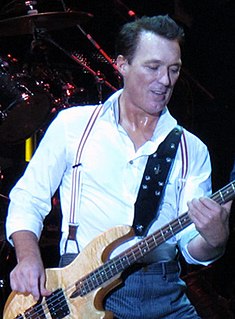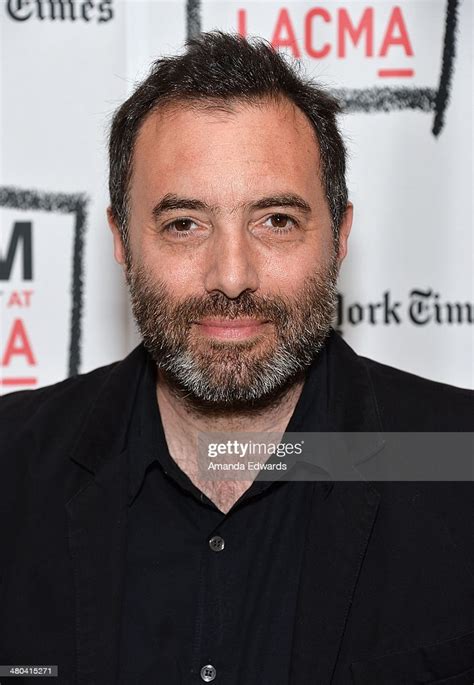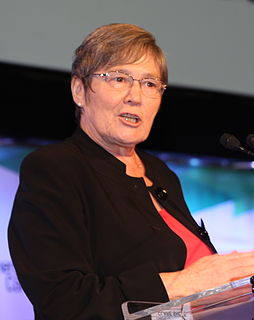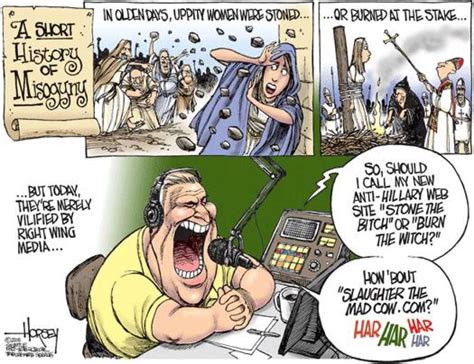A Quote by George W. Bush
The work in Iraq is difficult and it is dangerous. Like most Americans, I see the images of violence and bloodshed. Every picture is horrifying, and the suffering is real.
Related Quotes
There's no violence worse than the violence of Iraq. For the last fifty years Iraq has been living a nightmare of violence and terror. It's been a horrible experience and people in Iraq will need a lot of time and work to get over the disastrous effects. But first we have to think about how to stop the violence, so that the bloodshed stops. In spite of everything, on the personal level I don't easily lose hope.
It is a great honor for me to be compared to Henri Cartier-BressonBut I believe there is a very big difference in the way we put ourselves inside the stories we photograph. He always strove for the decisive moment as being the most important. I always work for a group of pictures, to tell a story. If you ask which picture in a story I like most, it is impossible for me to tell you this. I don't work for an individual picture. If I must select one individual picture for a client, it is very difficult for me.
When you see what goes on in Iraq on a daily basis - more people dying in car bombings - you almost brush it aside after a while. To actually comprehend the human tragedy of these events is overwhelming. We see so many images, but there's always the sense, for Americans, that it's not in our backyard. That's another reason why the war in Bosnia was so fascinating; because it really was in Europe's backyard. It was in Europe. And they didn't do anything about it for years. It took the Americans to end that war, really. That's a shame.
We do not see the danger clearly enough that we develop images adequate to our state of civilization. When you watch TV, you know instantly that there's something wrong with the images. When you open a magazine and see the ads, you know there's something wrong with the images. And it's unhealthy and not good and outright dangerous, in my opinion.
We no longer have the public spheres available to be able to contest that violence. We don't see it in the mainstream media, we no longer see it in the schools. I mean, this endless criminalization, militarization, of every form of behavior, I mean, strikes me as one of the most dangerous and one of the most ever-growing threats to the United States, of which that speech exemplifies perfectly, and which [Donald] Trump exemplifies with the endless call for law and order.
Terrifying mass shooting and high-profile officer-involved incidents have dominated the national conversation on gun violence in recent years. But most deaths by gun are not headline-grabbing massacres. They`re more private, more intimate, and perhaps in that way, even more horrifying. Domestic violence, make no mistake, domestic violence is a gun issue.


































